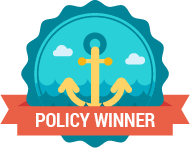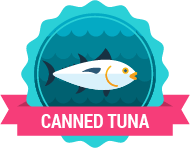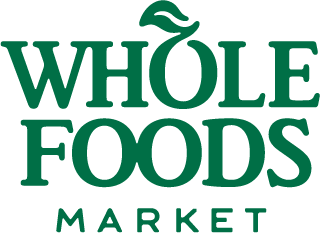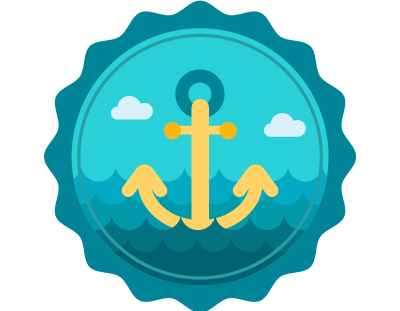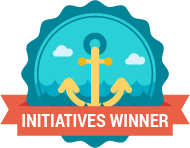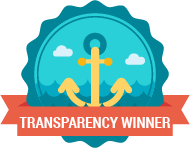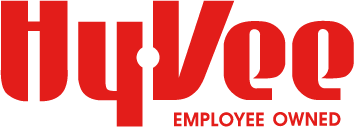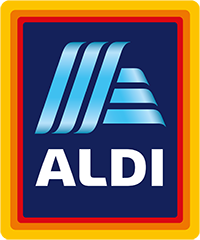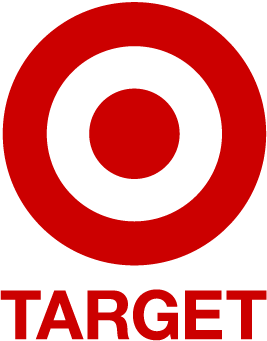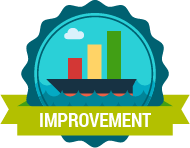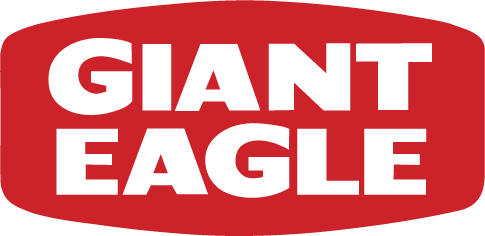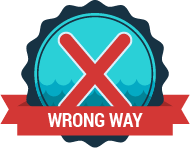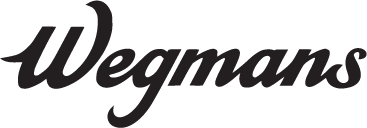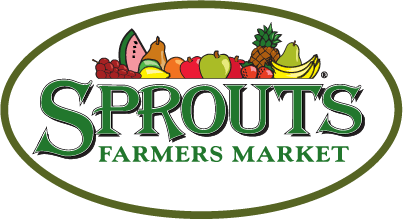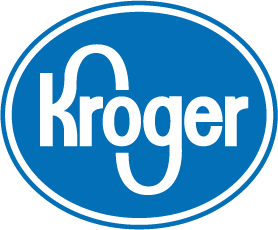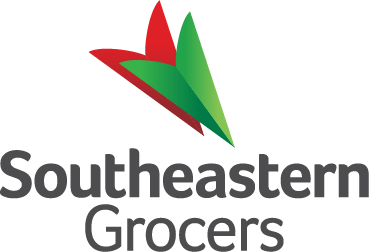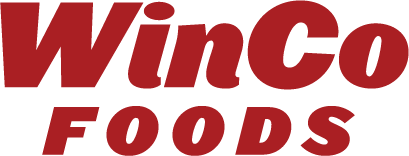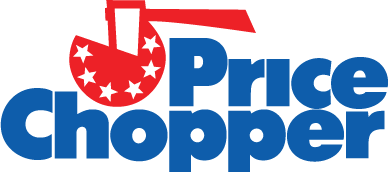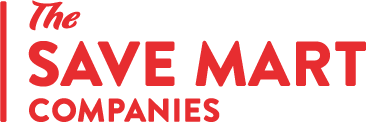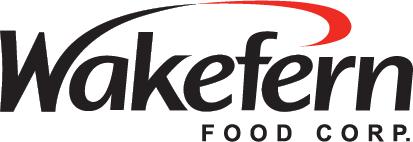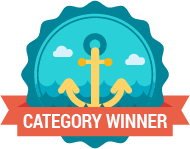Bycatch: Marine life unintentionally caught and often killed when fishing, like sharks, turtles, seabirds, and juvenile fish. Wasteful fishing practices from bottom trawls to longlines are highly destructive for marine life and habitats, and supermarkets should sell only the most sustainably harvested seafood available, otherwise refuse to sell it.
Eco-certification: Third-party standards for wild or farmed seafood that are supposed to meet certain sustainability and/or social criteria. Given outstanding concerns with eco-certifications, supermarkets wanting to ensure responsible seafood should not solely rely on them.
Fisheries management: The actions of national or international bodies that manage fishing and conservation of fish stocks in a particular region. Often influenced by industry, it is vital for supermarkets to advocate for sustainable fishing with these management bodies.
GMO: Genetically modified organism, specifically with regard to salmon. Often used interchangeably with genetically engineered salmon. Supermarkets should never carry these “frankenfish.”
Inventory: The seafood a supermarket sells either online or in stores.
IPNLF: The International Pole & Line Foundation works to develop, support, and promote responsible pole-and-line and handline tuna fisheries worldwide.
Longlines: Fishing lines, sometimes dozens of miles long, baited with thousands of hooks. Very indiscriminate fishing gear and highly destructive.
NGO: Non-governmental organization
Own brand: A supermarket’s store brand products. Because supermarkets develop these products with suppliers, they can often more quickly improve the sustainability of these products than national brands.
Pole and line: A fishing method that catches tuna one-by-one with the use of a pole. Impacts on other species are minimal. A best choice.
Red list: A list of species of seafood that should not be sold for various sustainability reasons. See the Seafood Watch recommendations for more.
Seafood Task Force: This multi-stakeholder body aims to confront forced labor, human trafficking, and unsustainable fishing in the Thai seafood industry.
Seafood Watch: This NGO educates consumers and businesses through its color-coded (green, yellow, red) sustainable seafood recommendations via its website and app.
Stores & Banners: Some supermarkets are owned by larger companies that operate several different supermarket chains, also known as banners. For example, Ahold Delhaize owns and operates Stop & Shop, Giant, Martin’s, Food Lion, and Hannaford stores.
Sustainable, ethical: Seafood harvested using the best available practices that mitigate adverse environmental and social impacts.
Transshipment at sea: When fishing vessels offload their products to other boats at sea so the vessels can continue fishing for months or years at a time. Transshipment is often associated with human rights abuse, illegal fishing, and smuggling shark fins.
